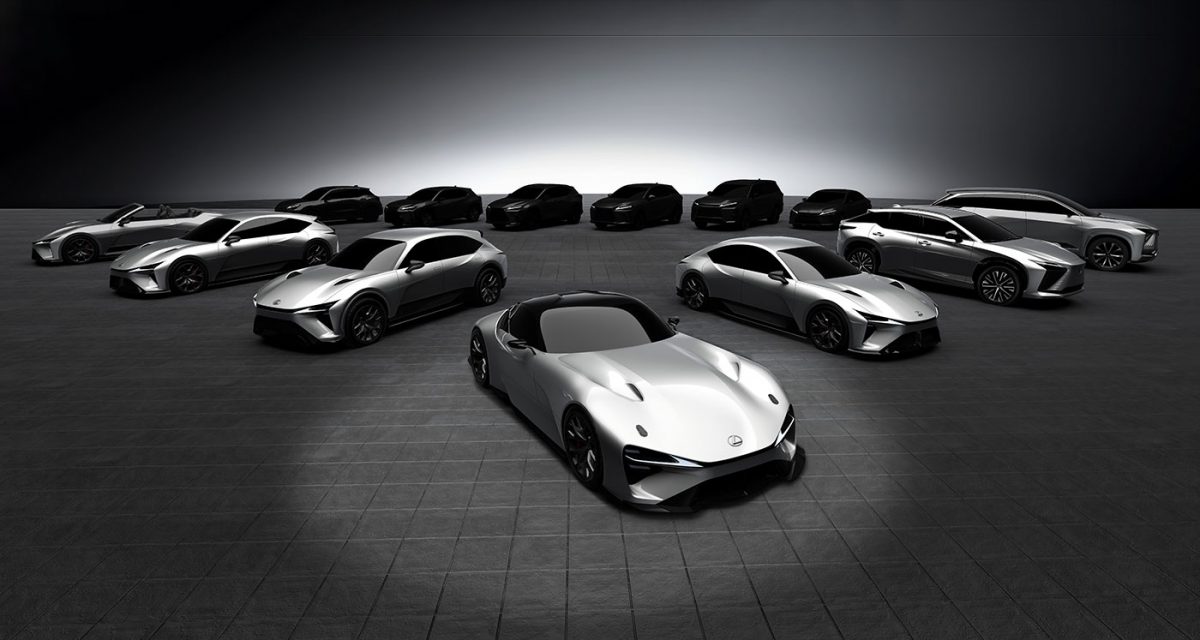A December 11 report from Norihiko Shirouzu ofReuters outlines the turmoil at Toyota and its planned $30-billion EV rollout. The company is struggling to keep costs competitive and may have to reinvent its whole approach. From the article:
Billionaire Elon Musk’s Tesla made almost eight times the profit per vehicle as Toyota for the third quarter, partly because of its ability to simplify EV production and reduce cost, analysts have said.
[Toyota] has suspended work on some battery-powered car projects announced last year, while a working group headed by former chief competitive officer Shigeki Terashi looks to improve cost performance and technology in the fast-growing market for EVs.
There were rumblings of this internal drama back in October, with the implication being that Toyota will abandon the new eTNGA platform used for the as-yet-unreleased Lexus RZ 450e.
E-TNGA was designed so EVs could be built on Toyota assembly lines with gasoline cars and hybrids, a compromise that limits the automaker’s ability to deliver factory-floor innovations that Toyota engineers now recognise as key to Tesla’s strength.
Also, Toyota designed e-TNGA on the assumption it would need to sell about 3.5 million EVs a year, about one-third of its current global volume, by 2030, sources have said, while the industry outlook is for a faster pace of growth.
Toyota is now set to outline its plans at a global supplier convention in February, so we can expect some clarity around that time.

